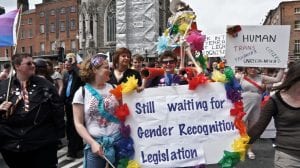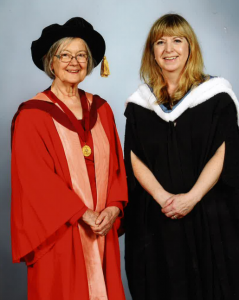By Dr Yvette Russell, Senior Lecturer in Law and Feminist Theory (University of Bristol Law School)

Monday last week saw the announcement of a new national policy requiring criminal complainants to sign consent forms authorising detectives to access data in their mobile phones. Conveyed in a joint briefing by Metropolitan police assistant commissioner Nick Ephgrave and director of public prosecutions (DPP) Max Hill QC, the new policy is designed to ‘ensure all relevant lines of enquiry are followed’ and that any material that undermines the case for the prosecution or assists the case for the accused is detected and disclosed to the defence. While the forms are not to be used solely for sexual offence complainants the use of the forms in these cases was a major focus of Monday’s briefing. While the CPS noted that not all sexual offence complainants will be asked to divulge digital data it is likely, given that most sex crimes occur between parties who are known to each other, that a high proportion of those complaining will be asked to sign a consent form and hand over their phones and the data therein.
Following the robust objections of many rape survivors’ advocacy groups to the new policy, the CPS and police late last week invited victims’ groups to discuss their concerns about the new consent form. Over the weekend, the Association of Police and Crime Commissioners took the unusual step of publicly objecting to the introduction of the consent form, labelling it a risk to public confidence in the criminal justice system. (more…)



